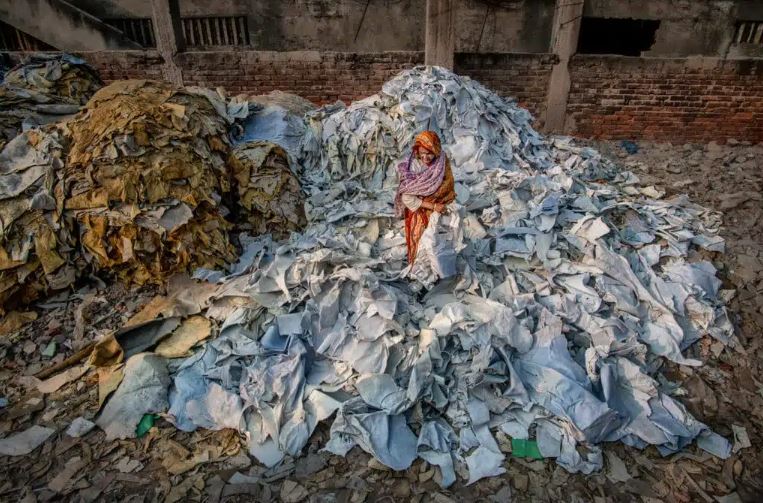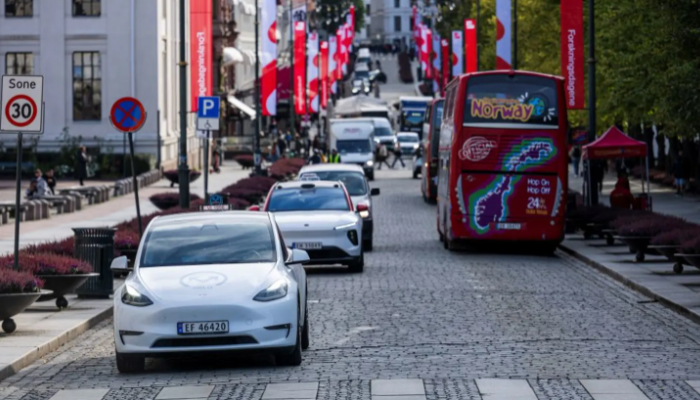
As environmental degradation accelerates across India, the urgency for robust conservation efforts has never been greater. At an international conference held at Mount Carmel College in Bengaluru, experts and policymakers gathered to discuss climate change and sustainability, emphasizing the immediate need for a holistic approach to conservation. Pune-based conservator S. Girikumar opened the discourse, cautioning that terms like “conservation” and “sustainability” are increasingly misused, diluting their significance.
Girikumar highlighted that despite increasing public awareness, environmental policies in India often fall short of addressing the root causes of ecological harm. “Sustainability is not just a buzzword. It requires systemic changes in how we interact with nature, especially in balancing urban development and rural livelihoods,” he stated.
The conference brought together academics, policymakers, environmentalists, and students to explore strategies for combating climate change. Discussions ranged from local conservation challenges to global sustainability initiatives. A recurring theme was the gap between policy frameworks and ground-level implementation.
Dr. Meenakshi Rao, an ecologist, pointed out that while India has enacted several environmental laws, their enforcement remains weak. “Conservation efforts are often piecemeal and lack coordination between different levels of governance. A unified strategy is crucial to address the challenges posed by climate change,” she said.
Urbanization and industrialization were identified as major contributors to environmental degradation. Bengaluru, often referred to as the “Garden City,” was cited as an example of a city grappling with rapid urban expansion at the expense of its natural ecosystems. Girikumar emphasized that urban planning must incorporate green infrastructure, such as urban forests and sustainable water management systems, to mitigate environmental damage.
Climate change is also deeply affecting rural India. Agricultural communities are facing unpredictable weather patterns, declining soil fertility, and water scarcity. Panelists discussed the importance of integrating traditional farming practices with modern sustainable techniques to ensure food security while conserving natural resources.
A session on renewable energy highlighted the potential for India to lead the global transition away from fossil fuels. However, experts warned of the social and environmental trade-offs involved, such as the displacement of communities for solar farms and wind turbines. “Renewable energy must be implemented with a people-first approach. Sustainability includes social equity,” said renewable energy expert Priya Sharma.
The conference also focused on the role of youth in driving change. Mount Carmel College students showcased innovative projects, including waste management initiatives and biodiversity mapping programs. “Empowering the younger generation with the tools and knowledge to combat climate change is essential. They are not just the leaders of tomorrow but active stakeholders today,” said Dr. Arvind Krishna, an environmental educator.
A significant takeaway from the conference was the call for greater community involvement in conservation efforts. Local knowledge and participation were identified as critical to the success of sustainability projects. Panelists urged the government to include communities in decision-making processes, ensuring that conservation policies are inclusive and effective.
The event concluded with a discussion on international collaboration. India’s role in global climate negotiations was highlighted, with experts urging the country to take a more proactive stance. “India has the potential to be a global leader in climate action, but this requires a commitment to bridging policy gaps and fostering innovation,” said keynote speaker Dr. Anita Sharma, a climate scientist.
The Bengaluru conference served as a wake-up call, underlining the need for immediate and coordinated action to address environmental challenges. By combining traditional wisdom with modern science and fostering inclusive policies, India can pave the way for a sustainable future.







